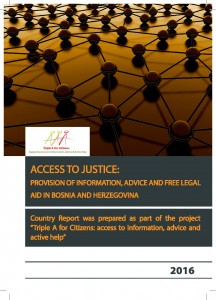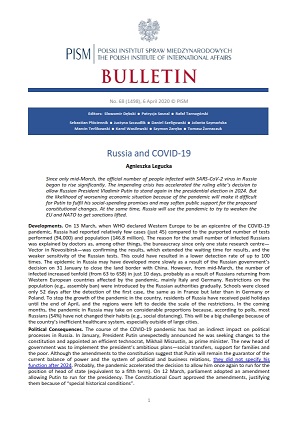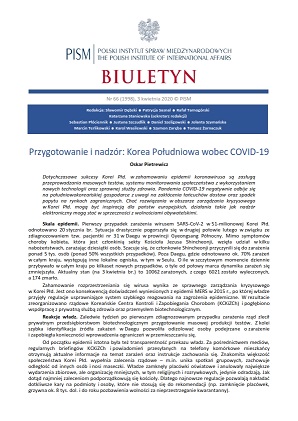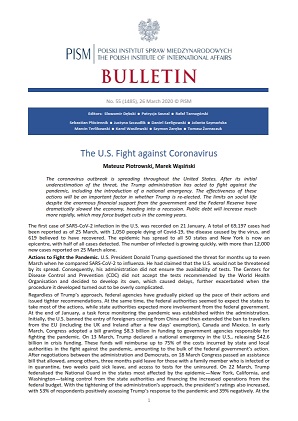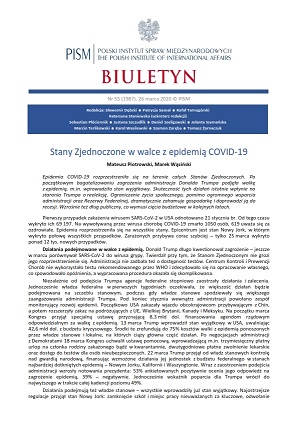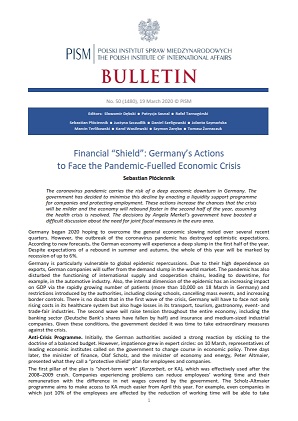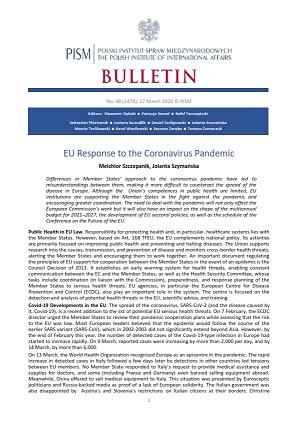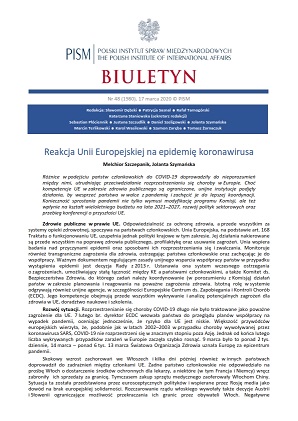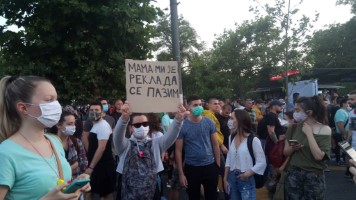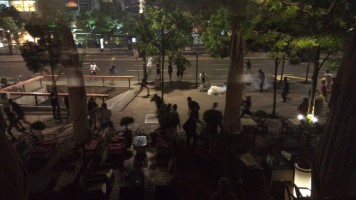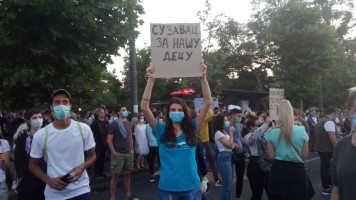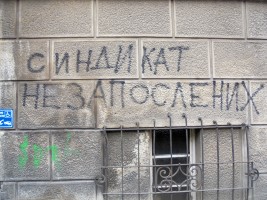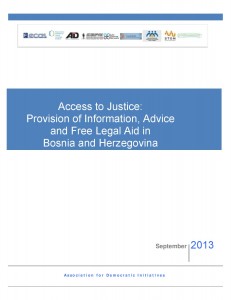
Access to Justice: Provision of Information, Advice and Free Legal Aid in Bosnia and Herzegovina
(English edition) Although Bosnia and Herzegovina (BiH) has made significant progress since the conflict in the mid 1990s, it still faces significant development challenges, such as high unemployment, underdeveloped rural areas, and an under-resourced and inefficient social welfare system. The economy is at 70% of its pre-war level of development, and 20% of the population lives below the poverty line, which is very high, given that an additional 30% of the population lives slightly above the poverty line. Taking these facts into account, the establishment of an efficient free legal aid system is pall the more important given the social status of BiH citizens and poverty rates in the country. In addition, many citizens remain uninformed about their rights and a large number of unresolved legal disputes instigated by citizens is hindering the efficient functioning of the courts in BiH. Finally, the large majority of citizens of BiH throughout find that the country should have an equally guaranteed right to the minimum free legal aid (90%). Despite these conditions, the current free legal aid system in BiH is unable to provide minimum legal assistance services to all citizens in BiH on an equal basis. As such, it does not fulfill the international and European standards in this regard. The NGO Vaša prava, the largest free legal aid provider in the country, states that the current free legal aid framework “is characterized by the absence of policy planning, many deviations from the Justice Sector Reform Strategy in BiH, as well as fragmentation and different approach in dealing with issues of legal aid. Also, the role of NGOs in the system of free legal aid has been continually minimized, which led to the absolute exclusion of NGOs from the public consultation process.”Public institutions have not been proactive in organising the provision of free legal aid in a systematic matter. Several legal aid services have recently been established in Republika Srpska, Brcko District and several other cantons, but these remain unavailable in many other cantons and in most rural areas. These and other similar issues have been identified as reasons for the adoption of a national legislative framework which would provide basic free legal aid and legal mechanisms for the reform of existing laws that may be a source of discrimination against citizens on the basis of the place where they may live. This report intends to add to the on-going policy debate by providing an analysis of the legal framework and current practice relating to the provision of information and assistance services to citizens and aims to identify several viable policy recommendations. In order to address these issues and policy options, a survey on the provision of information, advice and legal aid services in Bosnia and Herzegovina was organised throughout the period from March to May 2013. The purpose of the survey was to map existing citizens information and assistance services, to identify gaps in services and to develop policy recommendations. The survey was sent to an extensive number of public institutions – including municipalities and providers of free legal aid, as well as non-governmental organizations and trade unions were contacted in order. In total, 65 organizations participated in the survey, out of which 24 were public institutions (free legal aid institutions and municipalities) and 41 are non-governmental organizations.
More...
